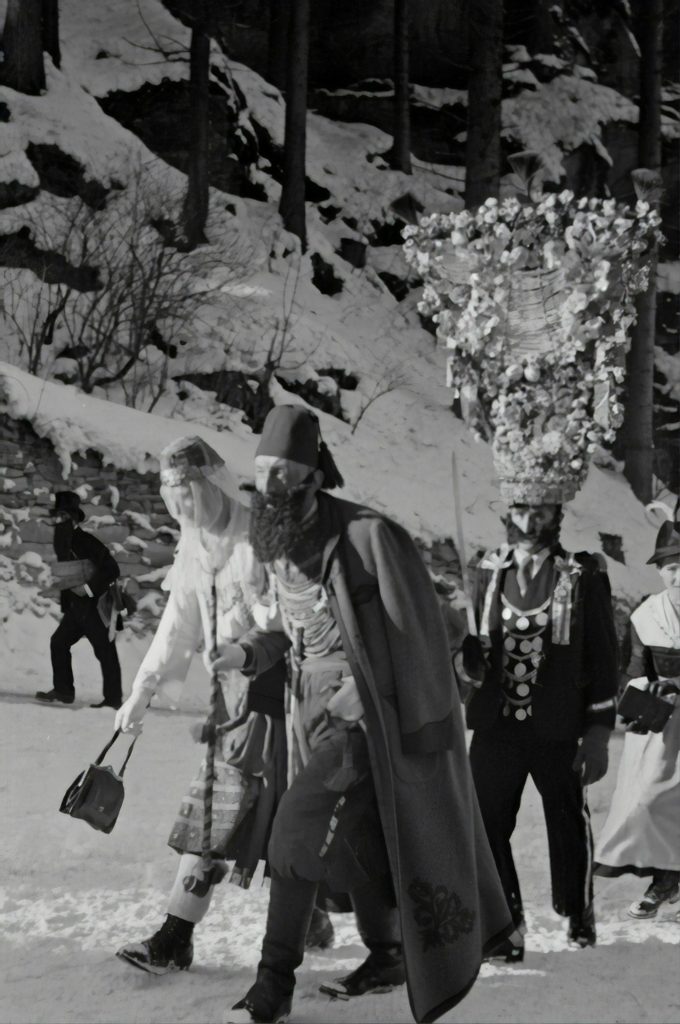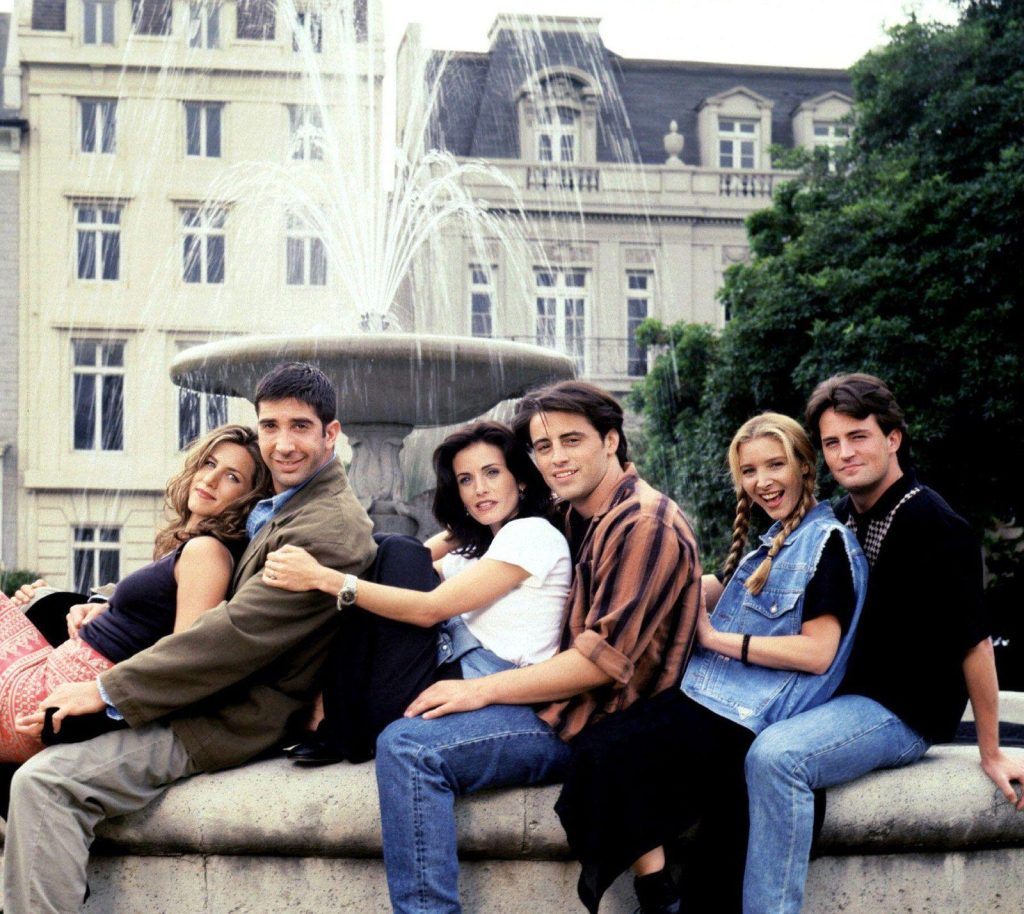In the realm of television, few series have captured the global imagination quite like “Game of Thrones.” Adapted from George R.R. Martin’s epic novels, the show wove a complex tapestry of power, betrayal, and ambition that kept audiences spellbound for nearly a decade. Its richly drawn characters and intricate plotlines inspired countless discussions, theories, and debates. Yet, as the final credits rolled, the once-universal acclaim fractured into a chorus of mixed reviews, largely centered around its polarizing ending. This begs the question: can “Game of Thrones” still be hailed as a masterpiece, despite its contentious conclusion? In this exploration, we delve into the show’s artistic triumphs and narrative pitfalls, examining whether its legacy is defined by its journey or its destination. Westeros Examining Game of Thrones Cultural Impact”>
Westeros Examining Game of Thrones Cultural Impact”>
Legacy of Westeros Examining Game of Thrones Cultural Impact
The cultural footprint left by Game of Thrones is undeniably vast, weaving itself into the very fabric of modern storytelling. Despite its polarizing finale, the series has fostered a global community of fans and scholars alike, each dissecting its intricate tapestry of power struggles and moral ambiguity. Its narrative, often compared to a sprawling epic, has redefined what television could achieve, pushing the boundaries of production value and narrative complexity.
- World-Building Excellence: The meticulous construction of Westeros has set a new standard for fantasy worlds, influencing countless creators in the genre.
- Character Depth: The morally grey characters have sparked discussions on heroism and villainy, prompting audiences to question their own ethical standpoints.
- Visual Spectacle: Its groundbreaking special effects and epic battles have reimagined the possibilities for television cinematography.
While its conclusion left some fans yearning for more coherent resolutions, the series’ legacy lies in its ability to captivate and provoke, making it a subject of analysis and admiration long after the final credits rolled.

Narrative Excellence Balancing Character Development and Plot Twists
In the realm of storytelling, the delicate balance between character development and plot twists is often what separates a fleeting tale from a lasting masterpiece. Game of Thrones excelled in crafting deeply intricate characters, each with a unique journey that intertwined with the fate of Westeros. Characters like Tyrion Lannister and Arya Stark evolved in ways that kept audiences captivated, rooting for them through every triumph and tragedy. Their growth was not just a backdrop to the political machinations and battles but a driving force that propelled the narrative forward.
- Character Depth: The series offered a rich tapestry of personalities, motivations, and conflicts, making viewers invest emotionally in their arcs.
- Unexpected Twists: The show was renowned for its ability to surprise and shock, often upending conventional storytelling tropes to keep the audience on the edge of their seats.
However, the challenge lies in maintaining this equilibrium as the series progresses. While the final season faced criticism for its perceived rush and underdeveloped plot points, the early seasons showcased an impressive mastery of storytelling where character arcs and plot twists seamlessly complemented each other. This juxtaposition raises the question: can a series be deemed a masterpiece if its conclusion falters, or do the strengths of its earlier narrative craftsmanship endure in the annals of television history?
Visual Storytelling Exploring Cinematic Brilliance in Game of Thrones
Game of Thrones, with its sprawling landscapes and intricate set designs, elevated visual storytelling to a level rarely seen on television. The series consistently showcased breathtaking cinematography, drawing viewers into its richly detailed world. From the vast icy expanses of the North to the sun-drenched palaces of Dorne, every location was meticulously crafted, serving as a silent yet powerful character in its own right. The use of lighting, color palettes, and camera angles not only enhanced the narrative but also conveyed the emotional undertones of each scene.
- Symbolic Imagery: The Iron Throne, a menacing and intricate symbol of power, captured the essence of the series’ central conflict.
- Epic Battle Sequences: Episodes like “Battle of the Bastards” and “The Long Night” employed groundbreaking techniques to immerse viewers in the chaos and intensity of war.
- Character-Centric Visuals: The subtle shifts in costume design and set aesthetics mirrored the evolving arcs of characters like Daenerys and Arya.
Through its innovative approach to visual storytelling, Game of Thrones created a cinematic experience that was as immersive as it was compelling, cementing its place in the annals of television history despite the controversy surrounding its conclusion.

Redemption or Regret Assessing the Final Seasons Influence on its Masterpiece Status
The conclusion of Game of Thrones has sparked endless debates, compelling fans and critics alike to reconsider its standing as a television masterpiece. While the series once captivated audiences with its intricate plotlines and compelling characters, its final season left many with a feeling of unfulfilled promise. The show’s rushed narrative and unexpected character arcs led some viewers to question whether the series could still be celebrated as a pinnacle of storytelling.
Several factors play into this complex evaluation:
- Character Development: Many argue that the rapid transformations in key characters undermined years of intricate development.
- Plot Resolution: Some storylines, meticulously woven throughout the series, were hastily tied up or abandoned, leaving fans wanting more.
- Visual Spectacle: Despite narrative shortcomings, the final season offered unparalleled visual experiences that showcased the show’s production brilliance.
Ultimately, the legacy of Game of Thrones may hinge on whether its groundbreaking achievements in television can outweigh the polarizing reception of its conclusion. Whether it is redemption or regret that defines its final act, the series undeniably left a mark on the landscape of modern entertainment.








